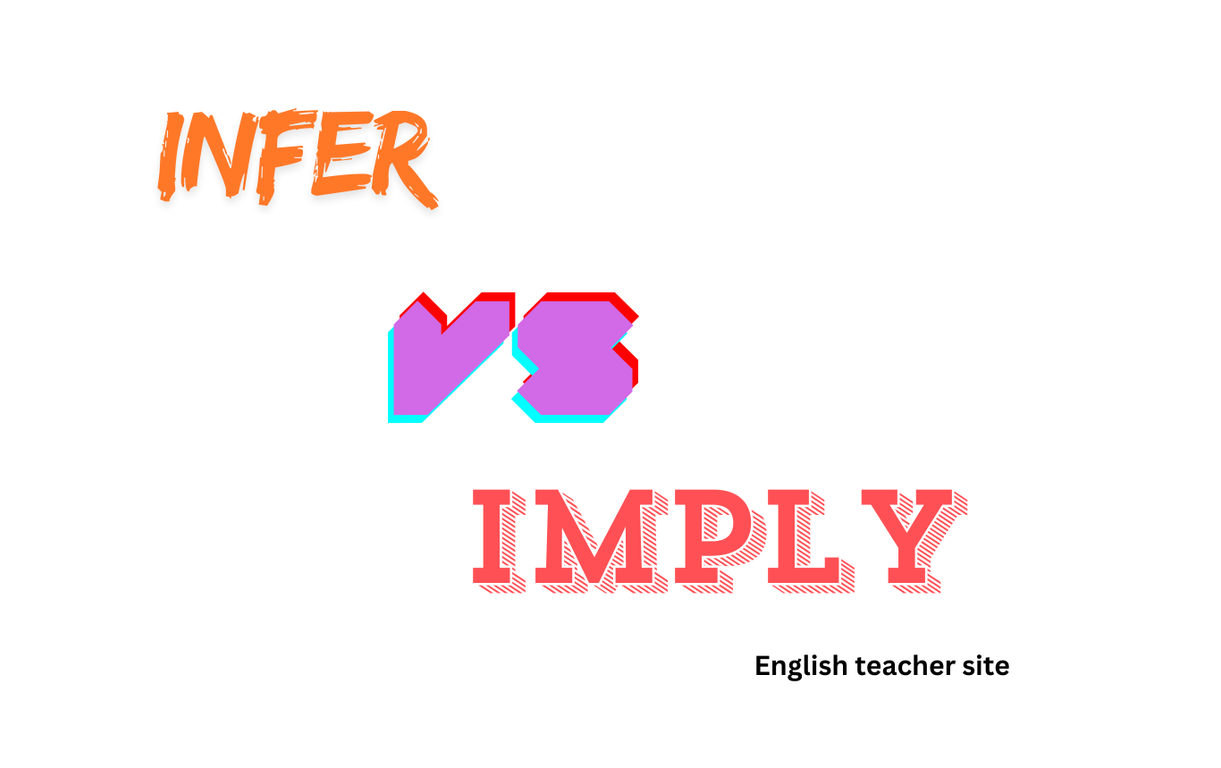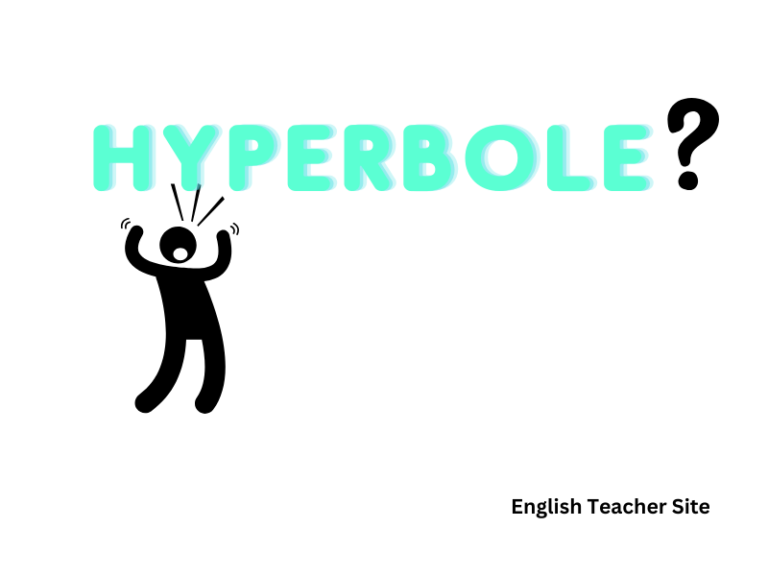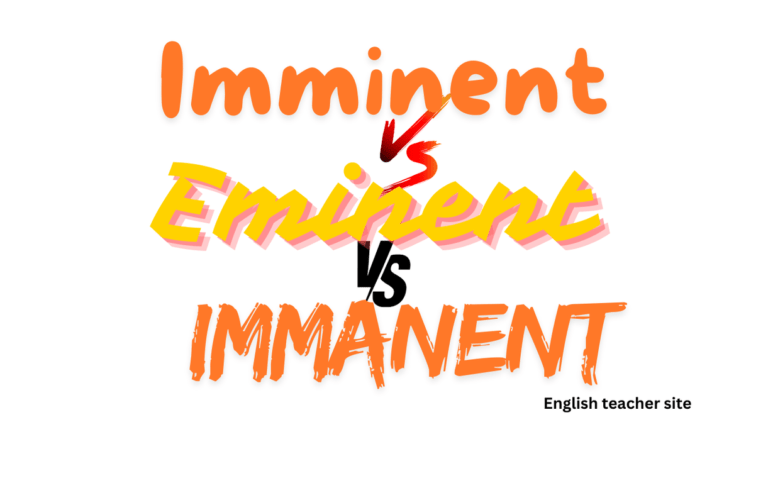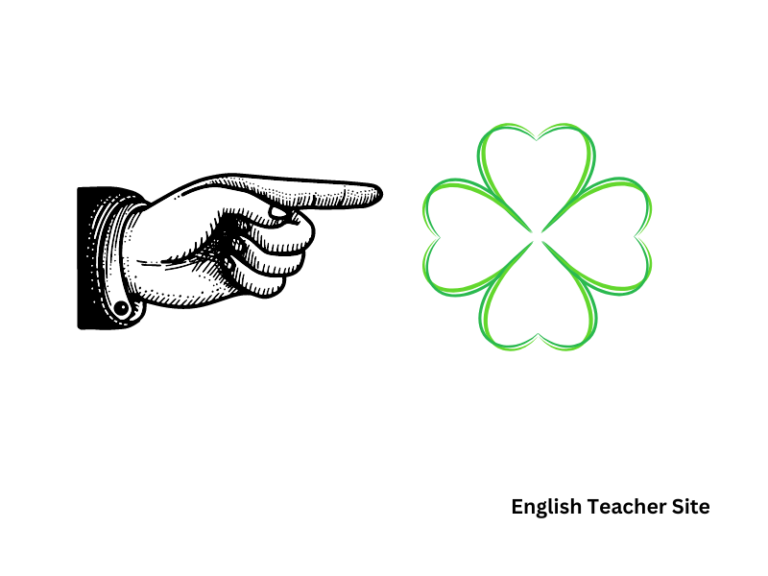Infer vs Imply: Understanding the Difference in Communication

- “Imply” refers to indirectly suggesting an idea, while “infer” involves drawing a conclusion from information provided.
- Effective communication depends on understanding the roles of both implying and inferring.
- Miscommunication can be avoided by recognizing when to use each term appropriately.
Implied meaning relies on the context and the ability of others to pick up hints or suggestions. The implicative nature of communication requires a sender to convey a message without explicit declaration. On the receiving end, inferring requires the receiver to interpret and piece together the signals or hints to form a coherent understanding.
What does Infer mean?
In the realm of communication, to infer involves a process of reasoning and conclusion-drawing based on the information provided or suggested.
Definitions and Origins
The term infer is derived from the Latin inferre, which connotes carrying information inward or drawing conclusions based on what is communicated. The act of inferring is inherently receptive; it involves processing hints or subtleties rather than making direct statements.
| Term | Definition |
|---|---|
| Infer | To deduce or conclude information from evidence and reasoning rather than from explicit statements. |
Examples of infer
When individuals infer, they take various pieces of information and use reasoning to arrive at a conclusion. Here are specific scenarios where inferencing would typically occur:
- Reading between the lines in texts or conversations.
- Drawing a conclusion from someone’s tone or body language.
- Concluding emotions or thoughts that aren’t directly expressed.
In contrast to implying, which is the action of suggesting something without explicit expression, infer relies on interpretation. For instance:
| Imply | Infer |
|---|---|
| “The weather seems to be closing in” (suggesting it may rain soon). | “So, you’re expecting rain?” (interpreting the implication). |
What does Imply mean?
In the realm of communication, to imply is an act performed by a speaker when they want to suggest something without stating it explicitly. It’s a subtle form of conveyance that hinges on indirect expressions.
Definitions and Origins
The term “imply” finds its roots in the Latin “implicare,” which means to entwine or to fold. In English, “imply” has taken on a more specific connotation, referring to the act of communicating an idea in an indirect fashion.
- Meaning: To suggest or express something indirectly.
- Concept: An aspect of communication that relies on subtlety and nuance.
Here’s a simplified table highlighting key facets of the definition:
| Element | Description |
|---|---|
| Speech Act | Implication is a function of the speaker. |
| Communication | Does not involve direct statements. |
| Interpretation | Relies on the listener’s ability to infer. |
Examples of imply
Understanding how to use “imply” in communication can be comprehended best through examples. Here are bullet point scenarios where a speaker implies something:
- A teacher says to a student, “I’ve noticed you’ve been watching the clock,” implying the student is eager for class to end.
- During a performance review, a boss mentions, “Some team members have been taking long lunches,” implying there is concern over work ethic without identifying anyone specifically.
For clarity, here is a table contrasting sentences that imply versus sentences that outright state a fact:
| Implying Statement | Direct Statement |
|---|---|
| “It’s getting late.” (implies tiredness or desire to leave) | “I am tired and would like to go home now.” |
| “This dish is quite unique.” (implies dissatisfaction without being rude) | “I do not like this dish.” |
In each case, the speaker’s choice to imply rather than state something directly leaves room for the listener to infer the underlying message. The speaker may bold the nuanced communication to ensure that their words carry the intended indirect meaning.
When to use Imply and Infer?
These two verbs are often confused but serve different functions in language.
Imply refers to the act of suggesting or hinting at something without stating it explicitly. When someone implies, they are conveying a message indirectly through their words or actions.
- Definitions:
- To imply is to express something indirectly.
- One hints at a particular meaning without explicit mention.
Infer, on the other hand, is what the receiver does when they pick up on what is being suggested. To infer means to draw a conclusion from the information given, often using reasoning and context to understand the implied message.
- Meaning:
- To infer is to deduce or conclude information from evidence and reasoning rather than from explicit statements.
Use of “Imply”:
| Context | Example |
|---|---|
| Conversation | “Are you implying that I was late on purpose?” |
| Literature | An author might imply a character’s feelings through descriptive language. |
Use of “Infer”:
| Context | Example |
|---|---|
| Analysis | “From the evidence, we can infer that the character is guilty.” |
| Everyday Speech | “I inferred from his tone that he was upset.” |
Concept Overview:
- The concept of implication involves a sender encoding a message with an indirect meaning, while inference involves a receiver decoding an indirect message.
When deciding whether to use “imply” or “infer,” remember this key difference:
- A speaker or writer implies something by the way they communicate.
- A listener or reader infers something from the clues provided by the speaker or writer.
In summary, determine the role you or another individual is playing in communication. If you’re the source of the message, consider if you are attempting to imply a message. If you are on the receiving end, think about what you infer from the given information.
Conclusion
When discussing the concepts of imply and infer, it is essential to grasp their distinct functions in communication. An individual conveys a message or suggests something without explicit mention—this is to imply. Conversely, to infer involves utilizing available information to draw a conclusion or make an educated guess. These actions are reciprocal in the realm of discourse:
- The speaker implies.
- The listener infers.
| Action | Description |
|---|---|
| Implying | Indirectly suggesting something through spoken or written language. |
| Inferring | Drawing a conclusion based on hints or evidence provided. |
Effective communication requires:
- Clarity in implying to reduce misunderstandings.
- Careful analysis when inferring to avoid incorrect conclusions.
Here is a summary of key points:
- Implying and inferring are separate actions performed by the speaker and listener, respectively.
- Precision in language helps to ensure that the intended message is properly conveyed and received.
In the teaching of English, these verbs reflect a sophisticated understanding of language nuances. A crucial part of both daily interaction and literature, knowing when and how to use them is fundamental.
Sources:
Examples of imply and infer used in a sentence. Source
My name is Khamis Maiouf. I am the creator of the English Teacher Site, dedicated to providing valuable resources and insights for students around the world. With a passion for education and a commitment to helping students enhance their skills, I aim to make English teaching more effective and enjoyable for both educators and students.






